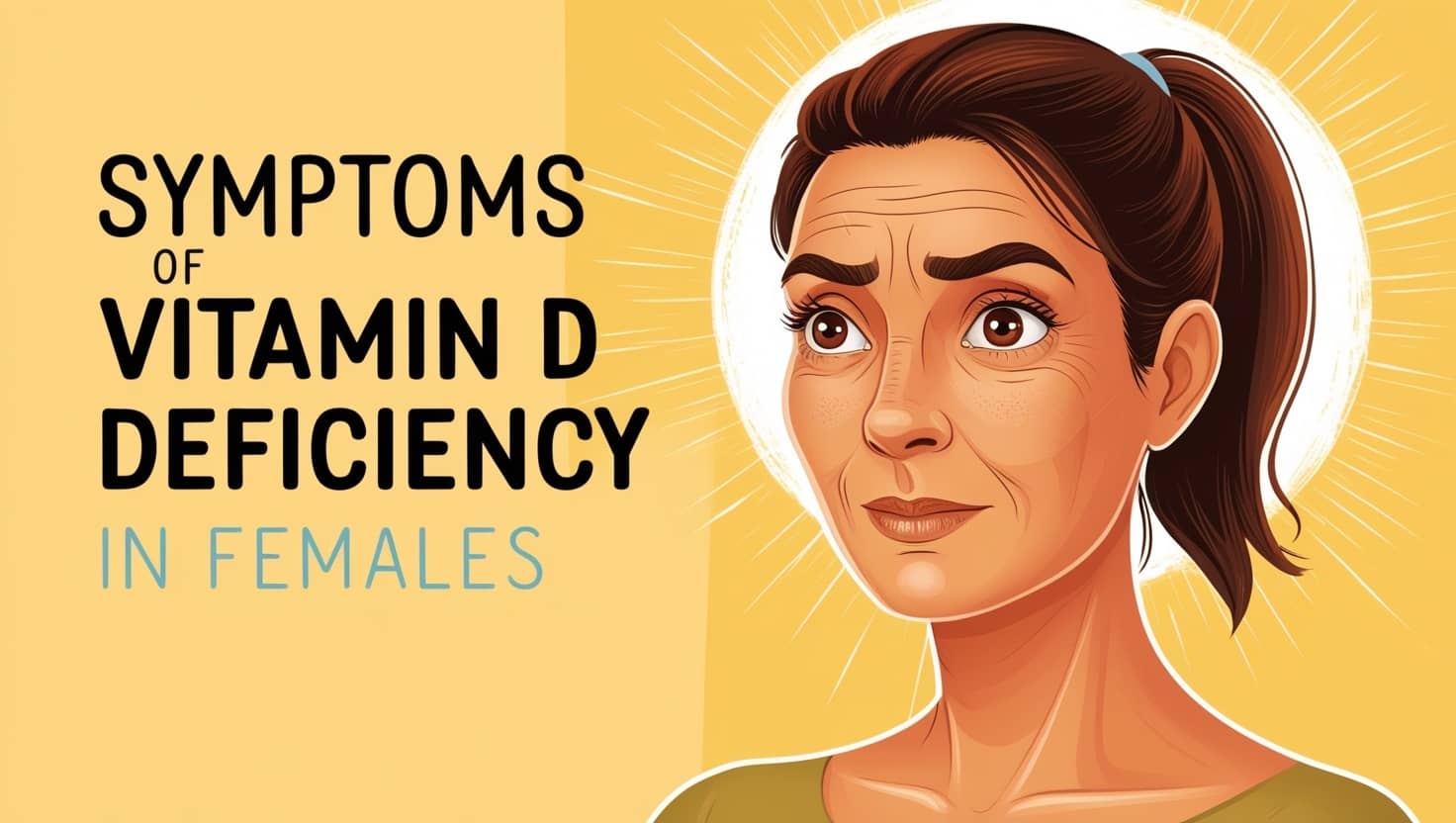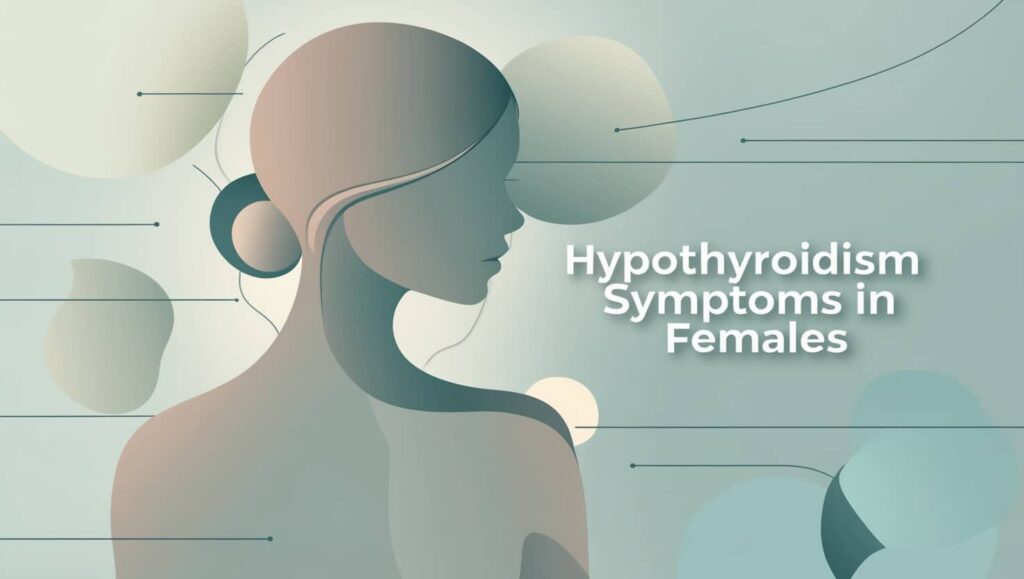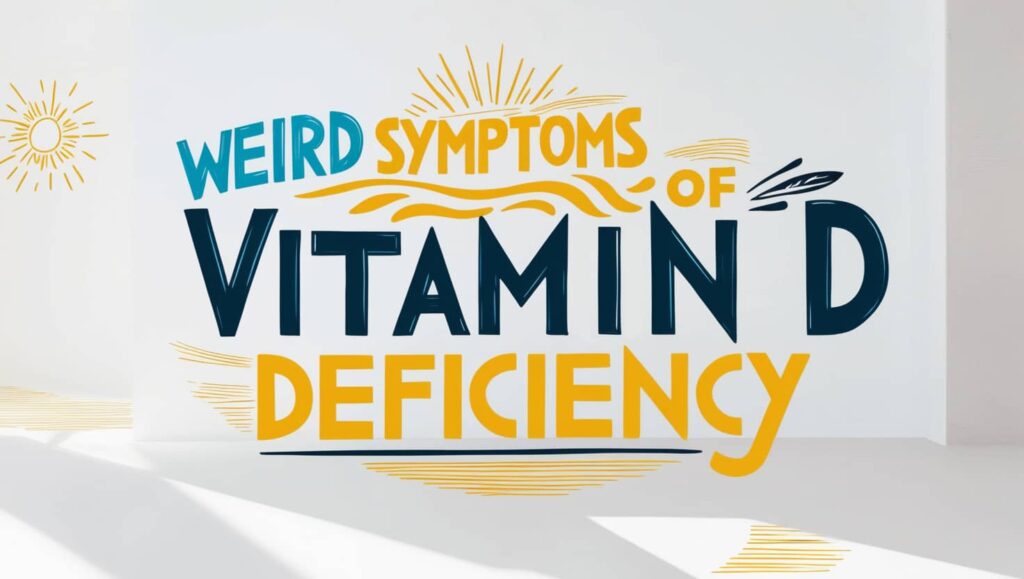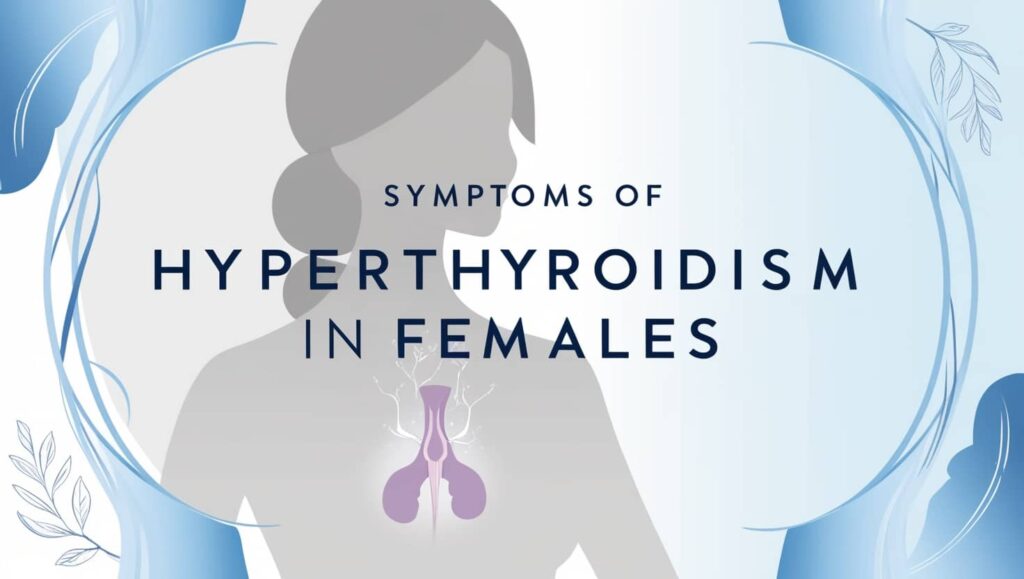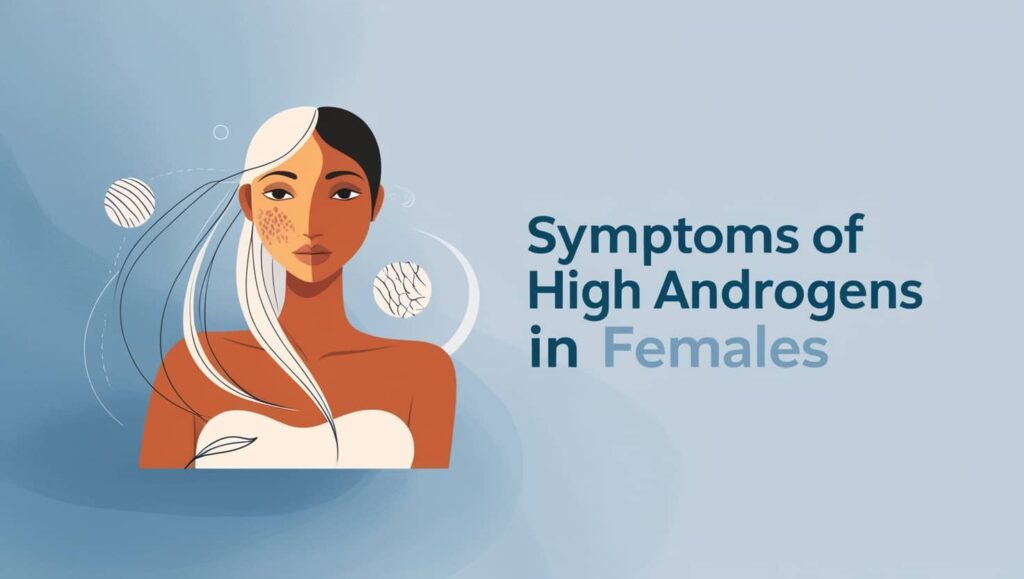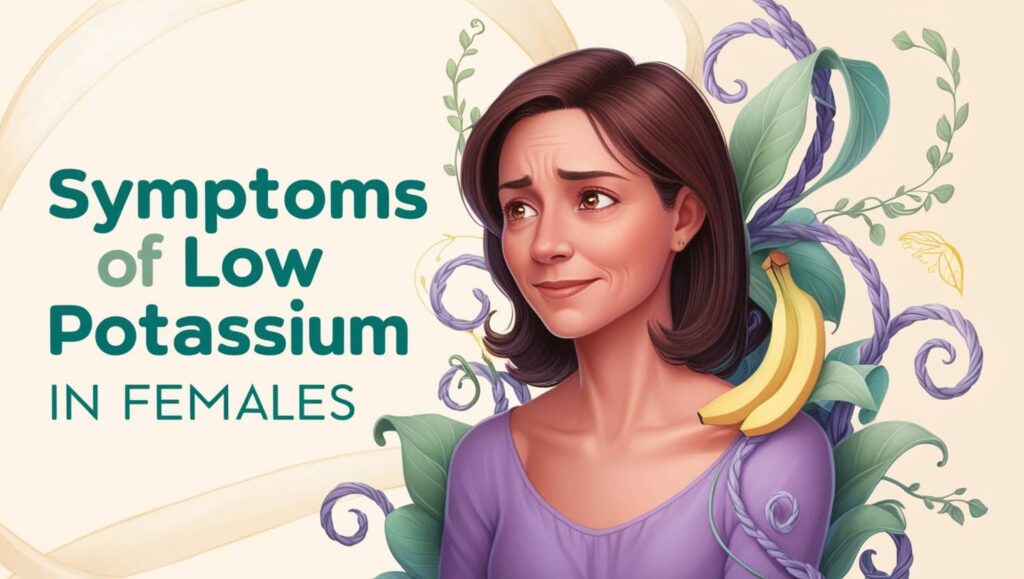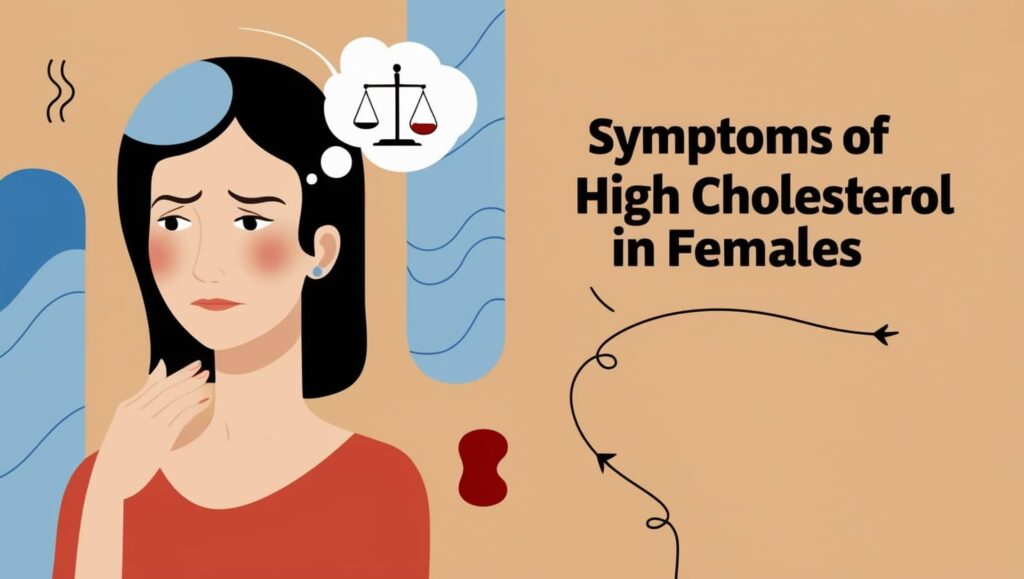Vitamin D is crucial for maintaining strong bones and supporting the healthy function of various bodily systems, including the nervous system, muscles, bones, and immune system. Insufficient vitamin D intake can negatively impact these systems.
Thank you for reading this post, don't forget to subscribe!Symptoms of vitamin D deficiency in females include: fatigue, poor sleep, muscle weakness, bone pain or soreness, hair loss, depression or sadness, loss of appetite, getting sick more easily, and pale skin.
How Vitamin D Deficiency Affects Women’s Health
Vitamin D is essential and vital for protecting women’s health and bones. Symptoms of vitamin D deficiency in females appear as:
- Impact on bone health: Vitamin D deficiency causes bone pain and deformities, especially in pregnant and lactating women who become more susceptible to fractures.
- Impact on reproductive health: Some studies have found a link between low levels of vitamin D and polycystic ovary syndrome, weak uterine lining, and decreased fertility. Pregnant women with low levels of vitamin D have higher rates of preeclampsia, gestational diabetes, bacterial vaginosis, and premature birth.
- Impact on brain function: Vitamin D deficiency is associated with psychological problems such as depression.
- Sleep disorders: Insomnia and sleep disturbances are characteristic symptoms of vitamin D deficiency.
- Impact on heart health: Vitamin D deficiency causes negative effects on cardiovascular health.
- Insulin utilization: Vitamin D deficiency disrupts the body’s ability to effectively utilize insulin. This metabolic dysfunction can lead to a cascade of health problems, including type 2 diabetes and obesity.(Bordelon, 2009), (Grundmann, 2011).
Physical and Emotional Signs of Low Vitamin D in Females
Symptoms of vitamin D deficiency in females may appear in the form of physical and emotional signs such as:
- Fatigue: Vitamin D deficiency affects the function of mitochondria, which are the organelles in the cell responsible for energy production: leading to a feeling of fatigue and low energy.
- Bone pain: Vitamin D protects calcium levels in the bones, and its deficiency leads to osteoporosis and causes bone pain.
- Weight gain: Vitamin D deficiency causes a disruption in the food metabolism process and causes obesity.
- Hair loss: Vitamin D deficiency causes hair loss.
- Mood swings: Sadness, depression, and despair are symptoms of vitamin D deficiency.
Other symptoms include:
- Forgetfulness.
- Anxiety.
- Sleep disorders.
- Appetite disorders.
- Suicidal thoughts.
- Loss of interest. (Akpınar, 2022)
Related: Weird Symptoms of Vitamin D Deficiency
Long-Term Risks of Vitamin D Deficiency in Women
Long-term vitamin D deficiency can cause many serious complications that affect quality of life, such as:
- Vitamin D deficiency makes bones soft, thin and brittle over time and increases the risk of fractures and osteoporosis.
- Vitamin D deficiency affects muscle health and causes muscle weakness and pain.
- Some studies link vitamin D deficiency to the risk of some types of cancer, such as breast cancer.
Other complications of long-term vitamin D deficiency include:
- Obesity.
- Depression.
- High blood pressure.
- Type 2 diabetes.
- Fibromyalgia.
- Chronic fatigue syndrome.
- Neurodegenerative diseases such as Alzheimer’s.
If you are experiencing symptoms of vitamin D deficiency in females, do not hesitate to contact your doctor for support and treatment.
References
Akpınar, Ş. (2022). PubMed. Retrieved from Is Vitamin D Important in Anxiety or Depression? What Is the Truth?: https://pmc.ncbi.nlm.nih.gov/articles/PMC9468237/
Bordelon, P. (2009). PubMed. Retrieved from Recognition and management of vitamin D deficiency: https://pubmed.ncbi.nlm.nih.gov/19835345/
Grundmann, M. (2011). PubMed. Retrieved from Vitamin D – roles in women’s reproductive health?: https://pmc.ncbi.nlm.nih.gov/articles/PMC3239848/#:~:text=Human%20and%20animal%20data%20suggest,with%20low%20vitamin%20D%20levels.

